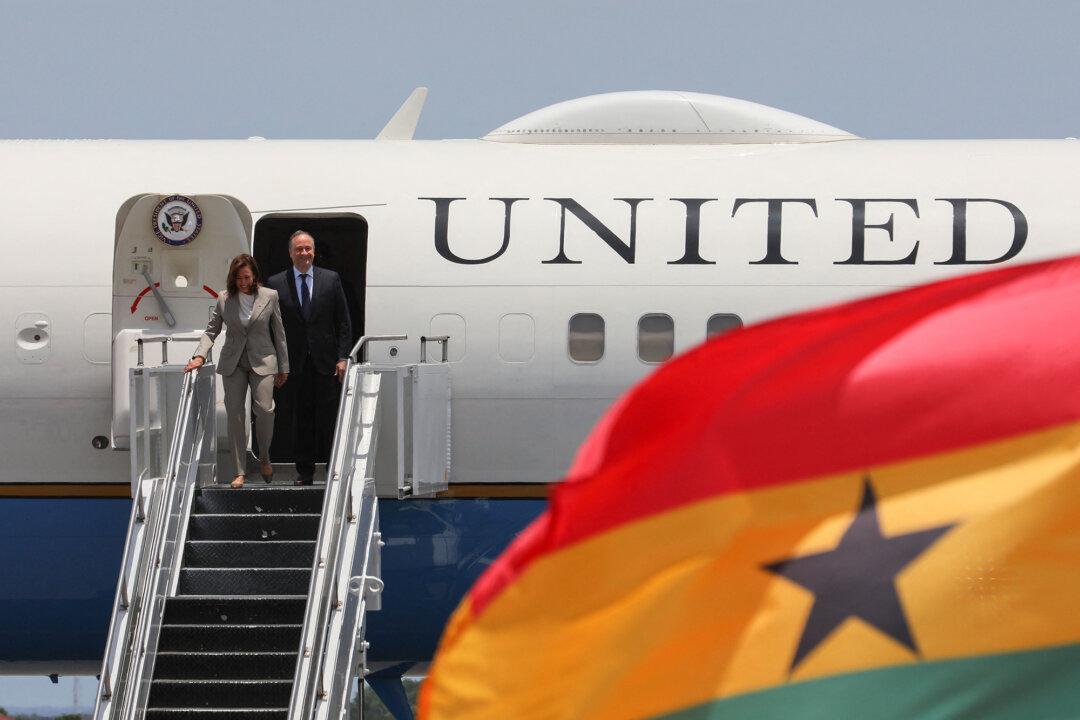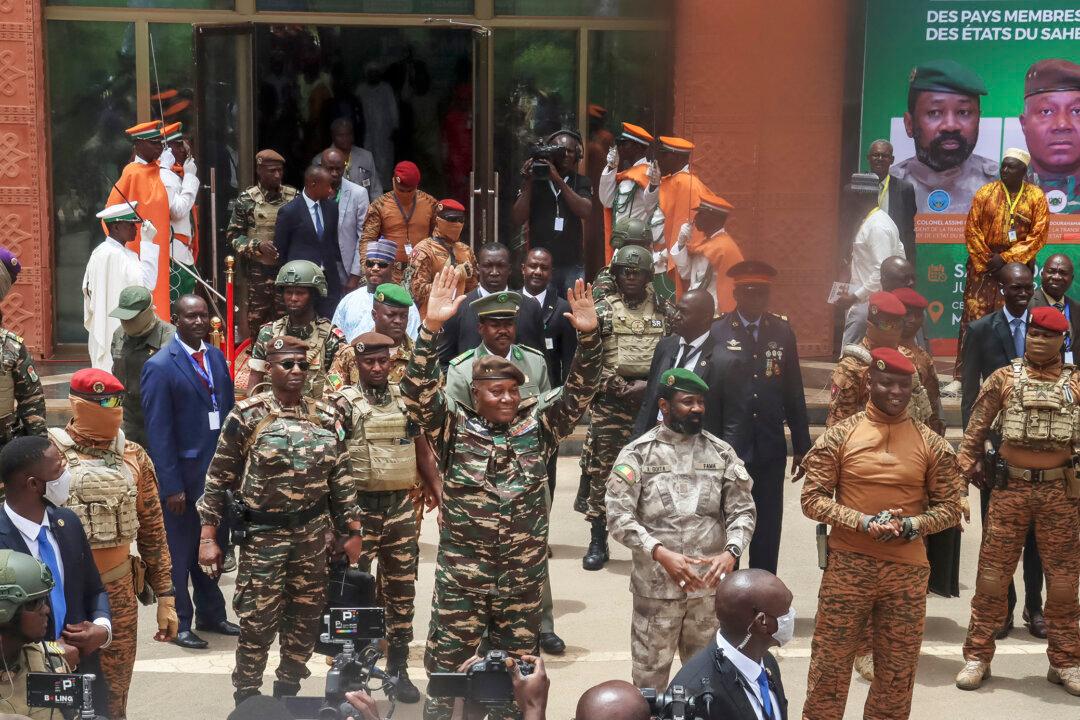Vice President Kamala Harris has announced a new era of partnership between the United States and African nations amid growing competition from other global powers, especially China and Russia.
Harris arrived in Zambia on March 31 for the final stop of her weeklong trip across the continent that also took her to Ghana and Tanzania.





